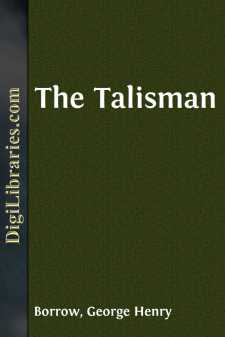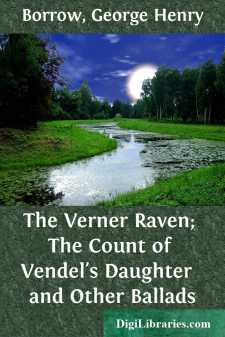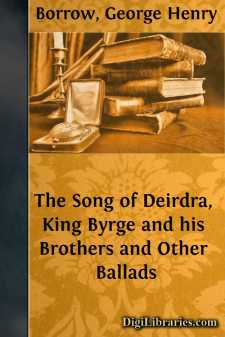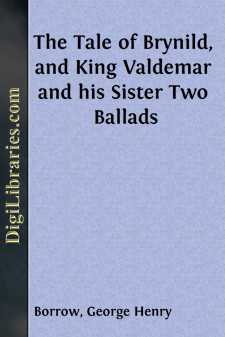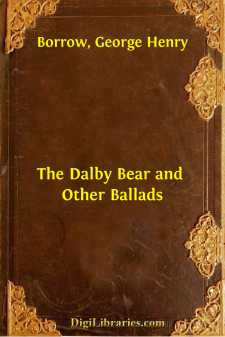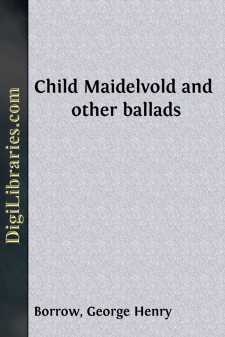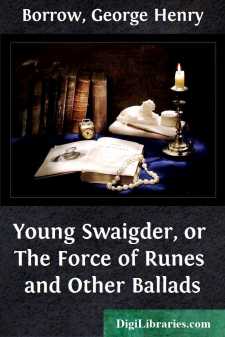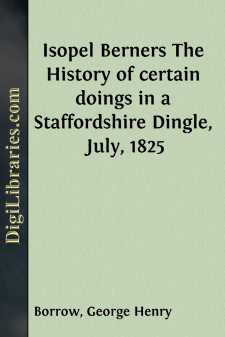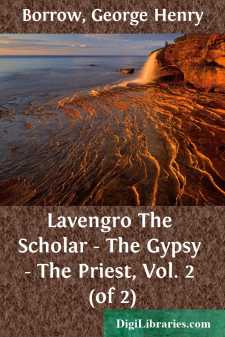Categories
- Antiques & Collectibles 13
- Architecture 36
- Art 48
- Bibles 22
- Biography & Autobiography 813
- Body, Mind & Spirit 142
- Business & Economics 28
- Children's Books 17
- Children's Fiction 14
- Computers 4
- Cooking 94
- Crafts & Hobbies 4
- Drama 346
- Education 46
- Family & Relationships 57
- Fiction 11829
- Games 19
- Gardening 17
- Health & Fitness 34
- History 1377
- House & Home 1
- Humor 147
- Juvenile Fiction 1873
- Juvenile Nonfiction 202
- Language Arts & Disciplines 88
- Law 16
- Literary Collections 686
- Literary Criticism 179
- Mathematics 13
- Medical 41
- Music 40
- Nature 179
- Non-Classifiable 1768
- Performing Arts 7
- Periodicals 1453
- Philosophy 64
- Photography 2
- Poetry 896
- Political Science 203
- Psychology 42
- Reference 154
- Religion 513
- Science 126
- Self-Help 84
- Social Science 81
- Sports & Recreation 34
- Study Aids 3
- Technology & Engineering 59
- Transportation 23
- Travel 463
- True Crime 29
Sort by:
THE TALISMAN From the Russian of Pushkin. Where fierce the surge with awful bellowDoth ever lash the rocky wall;And where the moon most brightly mellowDost beam when mists of evening fall;Where midst his harem’s countless blissesThe Moslem spends his vital span,A Sorceress there with gentle kissesPresented me a Talisman. And said: until thy latest minutePreserve, preserve my Talisman;A secret power...
more...
THE VERNER RAVEN The Raven he flies in the evening tide, He in day dares not intrude;Whoever is born to have evil luck In vain may seek for good. Lustily flies the Verner Raven, High o’er the wall he’s flown,For he was aware that Irmindlin fair Sate in her bower alone. He southward flew, and he northward flew, He flew high up in the cloud;And he beheld May Irmindlin Who...
more...
THE SONG OF DEIRDRA Farewell, grey Albyn, much loved land, I ne’er shall see thy hills again;Upon those hills I oft would stand And view the chase sweep o’er the plain. ’Twas pleasant from their tops I ween To see the stag that bounding ran;And all the rout of hunters keen, The sons of Usna in the van. The chiefs of Albyn feasted high, Amidst them Usna’s children shone;And...
more...
THE TALE OF BRYNILD Sivard he a colt has got, The swiftest ’neath the sun;Proud Brynild from the Hill of Glass In open day he won. Unto her did of knights and swains The very flower ride;Not one of them the maid to win Could climb the mountain’s side. The hill it was both steep and smooth; Upon its lofty headHer sire had set her, knight nor swain He swore with her should...
more...
THE DALBY BEAR There goes a bear on Dalby moors,Oxen and horses he devours. The peasants are in deep distressThe laidly bear should them oppress. Their heads together at length they lay,How they the bear might seize and slay. They drove their porkers through the wood,The bear turn’d round as he lay at food. Outspoke as best he could the bear:“What kind of guests approach my lair?” Uprose the bear...
more...
ADVERTISEMENT. It having been frequently stated in print that the book called “Lavengro” was got up expressly against the popish agitation, in the years 1850-51, the author takes this opportunity of saying that the principal part of that book was written in the year ’43, that the whole of it was completed before the termination of the year ’46, and that it was in the hands of the publisher in...
more...
CHILD MAIDELVOLD. The fair Sidselil, of all maidens the flower,With her mother the Queen sat at work in her bower. So hard at the woof the fair Sidselil plies,That out from her bosom, so white, the milk flies. “Now hear thou, O Sidselil, child of my heart,What causes the milk from thy bosom to start?” “O that is not milk, my dear mother, I vow,It is but the mead I was drinking just now.”...
more...
YOUNG SWAIGDERorTHE FORCE OF RUNES It was the young Swaigder, With the little ball he played;The ball flew into the Damsel’s lap, And pale her cheeks it made. The ball flew into the Damsel’s bower. He went of it in quest;Before he out of the bower came, Much care had filled his breast! “The ball, the ball thou shouldst not fling, Shouldst cast it not at me;There sits a maid in...
more...
INTRODUCTION. I. The last century was yet in its infancy when the author of The Romany Rye first saw the light in the sleepy little East Anglian township of East Dereham, in the county distinguished by Borrow as the one in which the people eat the best dumplings in the world and speak the purest English. “Pretty quiet D[ereham]” was the retreat in those days of a Lady Bountiful in the person of...
more...
CHAPTER XLIX Singular Personage—A Large Sum—Papa of Rome—We are Christians—Degenerate Armenians—Roots of Ararat—Regular Features. The Armenian! I frequently saw this individual, availing myself of the permission which he had given me to call upon him. A truly singular personage was he, with his love of amassing money, and his nationality so strong as to be akin to poetry. Many an...
more...


